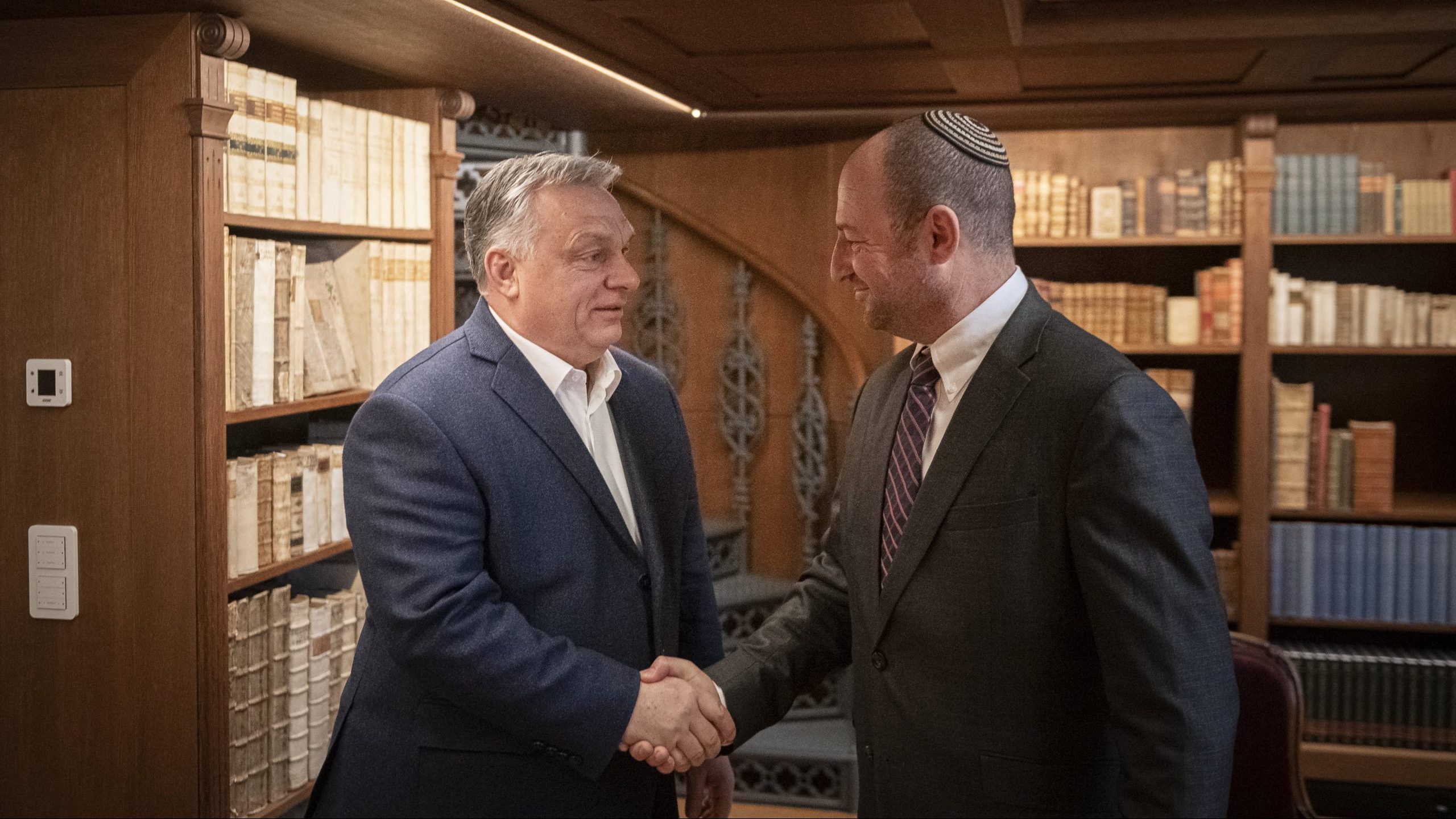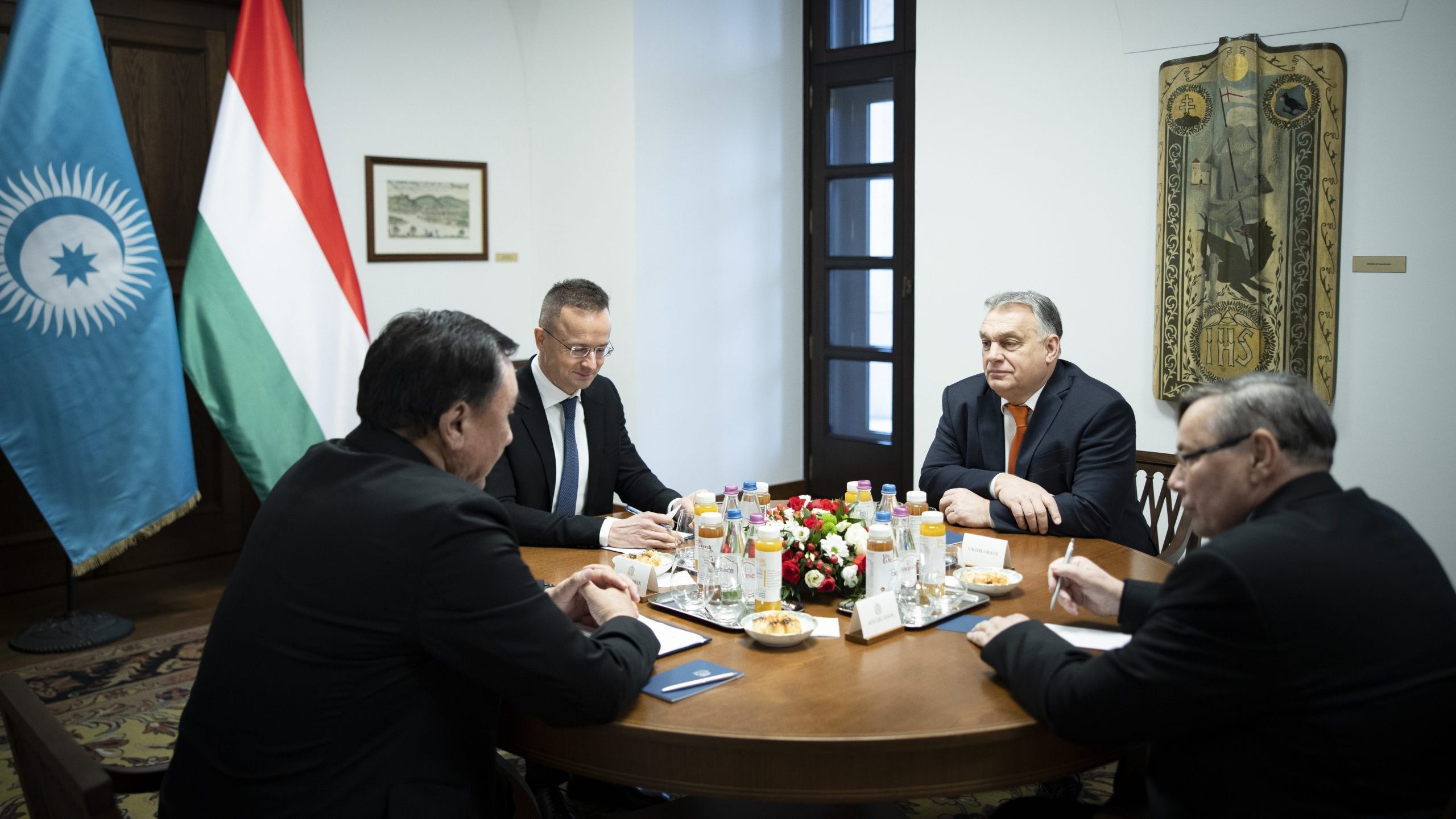
The Prime Minister met with Russian President Vladimir Putin in the Kremlin, and said after the talks of more than five hours that in Western Europe the prices of gas and electricity have recently doubled to tripled for households. An exception to this is Hungary where there has been a reduction of household energy prices in effect for years. Without Russian gas, this would not be possible, however.
With the agreement now negotiated, “we have made Hungary’s energy supply definitively safe and secure,” the Prime Minister said.
The long-term gas supply agreement between Russia and Hungary will be especially valuable in the future, and so the quantity fixed in the agreement should be increased, rather than decreased, he stressed.
In this regard, Mr Putin stated that Russia is open to further cooperation, they will look into the Hungarian request, but the excess supply of one billion cubic metres “will not cause a big problem”.
He pointed out that in Europe there will be problems with the supply of gas. However, thanks to the agreement extending to 2036 which was originally concluded for 4.5 billion cubic metres of gas, there will be no such problems in Hungary. He added that Hungarian consumers can purchase gas well below the market price.
The Russian President highlighted that Hungary likewise continues to prove that it is a reliable partner in the transit conveyance of Russian gas.
Vladimir Putin pointed out that energy plays a prominent role in Russian-Hungarian economic relations. Russia has for many long uninterrupted years supplied Hungary with energy, covering 55 per cent of Hungary’s oil consumption and 80 per cent of its gas consumption. He recalled that the Hungarian oil and gas company Mol, too, takes part in the exploitation of oil in Russia.
Within the context of energy, the parties also spoke about the Paks nuclear power station. Mr Orbán said the preparations for the construction of the new blocks have reached their final stage, and as soon as the last permit is obtained, “the project will automatically move to the next phase, the so-called construction phase, and with this we Hungarians will take a decisive step towards self-sufficiency in electricity supply”. As a result, by 2030, Hungary’s power generation system could become climate-neutral, he added.
The Prime Minister said the Russian head of state approved the establishment of a Russian-Hungarian joint venture which will play a role in the operation of the container terminal at the Ukrainian-Hungarian border to be inaugurated shortly. Hungary’s geographical situation is highly favourable, it is one of the key points for the entry of goods coming from the East into Europe, and the joint venture in question will facilitate this. This could increase the performance of the Hungarian economy by magnitudes, he pointed out.
Mr Orbán also said in Hungary a big vaccine manufacturing plant will be commissioned soon which will also be capable of manufacturing the Russian vaccine against the coronavirus, Sputnik V. He expressed hope that the parties would be able to come to a final agreement on this as well. In answer to a question, he added that Hungary is planning to procure supplies of the latest Russian vaccine type Sputnik Light, and is also ready to take part in its production as it is the goal of the government to ensure that as many types of vaccines be available to Hungarian citizens as possible. The Hungarian tests of the vaccine will be completed shortly.
The parties also spoke about the joint project of railway carriages. As part of this, they have already delivered 600 wagons to the Egyptian railway company, and will deliver another 700. This also secures further jobs, Mr Putin pointed out.
At the meeting, Mr Orbán requested the Russian party to make possible the arrival of more Russian passenger aircraft in Hungary because at present the fights are fully booked, and if the available capacity were increased, more Russian tourists could come to Hungary. Another Hungarian request is the launch of direct flights from Yekaterinburg and Kaliningrad to Budapest.
Mr Putin also said, despite the coronavirus pandemic, the volume of trade between the two countries had increased by 30 per cent in the first eleven months of last year, amounting to USD 5.5 billion. The value of joint projects has reached one billion dollars, he added.
The Russian-Hungarian Intergovernmental Commission on Economic Cooperation, too, is working successfully and effectively, the Russian President observed.
He further praised the continued operation of the cultural cooperation programme which has been launched up to 2024. Last year in Hungary, the days of Russian culture were organised successfully.
The Russian President thanked Hungary for supporting Russia in the organisation of the 2030 World Expo. Moscow has never before hosted a world expo, he pointed out.
Both parties took the view that Hungarian-Russian relations are balanced, positive and constructive. Mr Orbán stressed that Hungary is committed to maintaining these relations in the future as well. At the beginning of the meeting, with reference to the upcoming Hungarian elections, Mr Putin expressed hope that they would be able to continue the joint work with Mr Orbán also after the elections.

